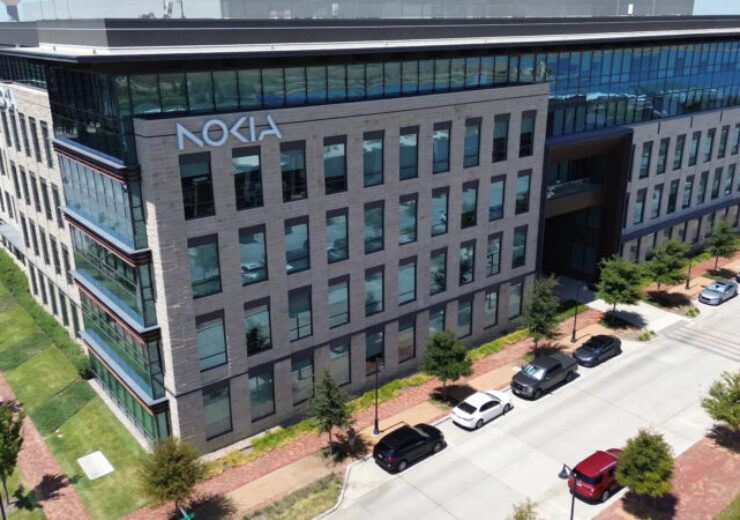The company is carrying out a four-year European Important Projects of Common European Interest project, which is focused on the integrated development of software, hardware, and high-performance systems-on-chips based on a digital twin

Nokia reveals plans to invest €360m in microelectronics and communications technology in Germany. (Credit: Nokia)
Finnish telecommunications company Nokia has revealed plans to invest €360m in microelectronics and communications technology in Germany.
The investment will be made in software, hardware, and chip design at its sites in Ulm and Nuremberg.
Nokia is carrying out a four-year European Important Projects of Common European Interest (IPCEI) project. It is being funded by the company and the German Federal Ministry of Economics and Climate Protection (BMWK) and the German states of Baden-Württemberg and Bavaria.
The focus of the European IPCEI project will be on the integrated development of software, hardware, and high-performance systems-on-chips based on a digital twin. Future mobile communications systems based on the 5G-advanced and 6G standards will employ these developments in radio and optical products.
Nokia intends to expand its extensive experience in chip design as well as bolster the European value chain.
Besides, the telecommunications company will prioritise the energy efficiency of the systems to align with European climate goals as outlined in the Green Deal.
According to Nokia, the project will boost Europe’s competitiveness and innovative power, specifically in the area of microelectronics for future technologies such as 6G and artificial intelligence (AI).
It is also expected to enable complex applications for the metaverse and advance digitalisation.
The microelectronics systems developed as part of the project will contribute to the development of more robust and energy-efficient networks, said the company.
Nokia mobile networks president Tommi Uitto said: “This important funding will support our efforts to advance the telecommunications industry in Germany and in Europe, helping to drive innovation and strengthen competitiveness.
“In particular, it will help our research into microelectronics that will power future technologies such as 6G, artificial intelligence and the metaverse as well as develop networks that are more energy-efficient and powerful.”


